Proper import to Republic of Serbia
Everything you need to know about importing to SERBIA(RS) when you receive goods from abroad.
Import is the release of goods into free circulation, and in RS it implies the application of trade policy measures, the fulfillment of other customs formalities related to the import of goods and the payment of all prescribed duties, in accordance with customs and other regulations.
It is an action by which the customs authority enables the disposal of the goods for the purposes determined by the customs procedure in which the goods were placed. The person who imports is called the consignee/importer, and the debtor is the person who is obliged to pay the customs debt.
Wondering how your order arrives from abroad? Follow the whole process.

Click here to download the document with the import process in Serbia.
Place of customs clearance
It is necessary to distinguish between the invoice value of the goods and the customs value of the goods, as well as whether they are commercial (goods that have been paid for) or non-commercial (goods that have been sent free of charge) shipments. The customs value for commercial shipments are the value of the goods that is applied during customs clearance and includes value of the goods with transport costs to RS.
This means that if the value of the goods is 100EUR, and the postage (transportation) to RS is 30EUR, the customs value for the calculation of import duties will be 130EUR. On the other hand, if we are talking about non-commercial shipments, the customs value for the calculation of import duties can be discussed with customs authorities. For customs authorities value of the shipment need to be realistic.
Broker charges within RS and possible handling costs incurred in RS are not included in the customs value of the goods. These broker costs in RS are often charged for shipments that are exempt from paying import duties upon import, and citizens usually think that these are costs charged by the customs authority. In fact, it is a matter of so-called manipulative costs of postal operators or the companies DHL, UPS, FedEx, etc.
Commercial goods with a total (customs) value of up to 50EUR per shipment are exempted from paying import duties and there is no obligation to submit a customs declaration. Exemption from payment of import duties, regardless of value, is not granted for alcoholic products, perfumes, and toilet waters, as well as tobacco and tobacco products and etc. Customs authorities have right, based on content of the shipment, to request additional inspection or additional inspection controls for the shipment.
For all other shipments, import customs clearance is carried out and import duties are paid via customs declaration using the customs rate prescribed by the Customs Tariff of Serbia, with a single VAT rate of 20%. Please note that in this case, the customs value for the calculation of import duties is the invoice value of the goods together with transportation costs to Serbia.
Also, goods of a non-commercial nature contained in a shipment sent free of charge, as a gift, by an individual from another country to an individual in RS up to a value of 70EUR per shipment are exempt from import duties. “Shipments of a non-commercial nature” sent as a gift are considered to be occasional shipments containing goods intended for personal use or the use of household members of the beneficiary of the exemption, which by their type and quantity indicate that they are not of a commercial nature and that the sender sent them to the recipient free of charge. But customs authorities can always ask for additional inspection and customs declaration.
Both types of declaration, if it is a private person as the recipient or legal entity, are created by the customs authority and issue an invoice to the recipient/importer for the amount of the corresponding import duties. If it is a legal entity, the customs declaration is submitted in the regular customs procedure through an authorized representative (broker). Also, for all shipments that are subject to prohibitions or restrictions, the customs declaration is submitted in the regular customs procedure through an authorized representative.
Documentation
A shipment that arrives from abroad need to be properly marked with correct invoice. Invoice need to content type of goods, price, quantity, shipper and receiver data with information about transportation cost or and with valid incoterm.If additional documentation is required, the customs authority contacts the receiver. If the receiver does not provide the necessary data, the value is determined by the customs authority, according to the available data, based on customs regulations.
If the receiver does not agree with the determined value, and customs procedure cannot be finished shipment will be sent back to the shipper. In the case when the shipment is sent by a private person abroad to a private person in RS, the sender should take care to correctly declare the value of the goods, so that the customs procedure can be completed quickly and properly.
Shipment arrival
At the moment when the shipment arrives on the territory of RS, until the customs procedure (release or customs clearance) is determined for it, it is under customs supervision and is treated as temporarily stored goods in a temporary storage room or in a customs warehouse.
After the completion of the whole process, the shipment arrives at your address!
Proper export to Republic of Serbia
Everything you need to know about exporting from RS when sending goods abroad.
With the export procedure, the customs authority approves the export of goods from the customs area of RS. Export includes the application of trade policy measures and export formalities. The seller or shipper of such goods is the exporter.
Wondering how shipping products outside of your country works? Follow the whole process.
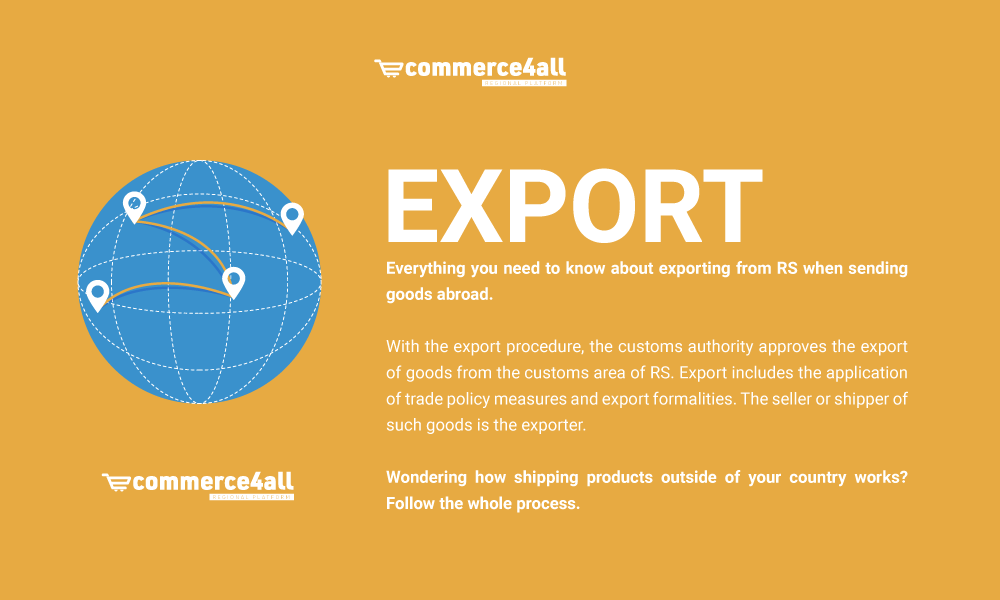
Click here to download the document with the export process in Serbia.
Preparation
The shipment to be sent outside the borders of our country is prepared in the appropriate packaging for international transport and you as the sender are responsible for the packaging of the shipment.
Documents
Documents are prepared with the product, the most important of which is the commercial invoice. In addition to the invoice, depending on the requirements of the importing country, a packing list/delivery note and/or proof of product origin may be required, as well as other necessary documentation. An example of other documentation would be that, if you want to export an artistic painting, it is necessary to obtain a document for export from the competent ministry, because it is a cultural asset that cannot be freely exported without the prior permission of the state authorities.
If you export a shipment that you send abroad for free, for example, a gift, instead of an invoice, you prepare pro-forma invoice on the value of the shipment.
- Name and address of the exporter (legal or natural person)
- Name and address of the importer (distribution partner, intermediary or end-user)
- Shipping address
- Net and gross weight and package dimensions
- An accurate trade description of the goods
- HS code
- Quantity of goods, number, and type of packaging
- Price
- Terms of delivery and payment
- Country of origin
Considering that Serbia has signed agreements in the origin of goods it is necessary to provide evidence for them during export, in order for the buyer not to pay customs duty but only VAT in the importing country, with which RS has a free trade agreement.
This can easily be done by completing the declaration/declaration of origin on the commercial invoice, which can be done by any exporter for goods whose value does not exceed EUR 6,000 per individual shipment. The declaration can be verified by customs by asking the exporter for evidence that the goods are really of RS origin, which implies the fulfillment of certain prescribed conditions in accordance with the rules on preferential origin.
Customs declaration
Commercial shipments sent to the recipient, if the value of an individual shipment is less than 1000 EUR, the shipments are cleared by customs in a simplified procedure, which means that shipper will receive an invoice certified by a customs stamp with the corresponding K number. The certified export specification with the mentioned K number will be available the next day.
For commercial shipments which value is greater than 1000 EUR are cleared through customs in the regular export procedure, which implies the creation of a unique customs document with one designation. The customs declaration can be submitted by the exporter’s representative, that is, by the freight forwarder or express mail.
Sending a shipment
To send a shipment, an e-merchant can use the services of DHL Express and other postal or express companies in Serbia, and which can perform export customs clearance of the shipment at any time.
After the end of the whole process, your shipment is exported and reaches the end customer.


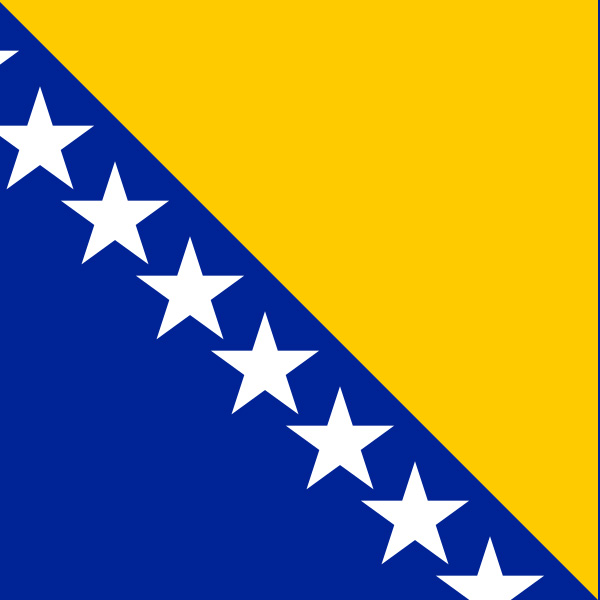
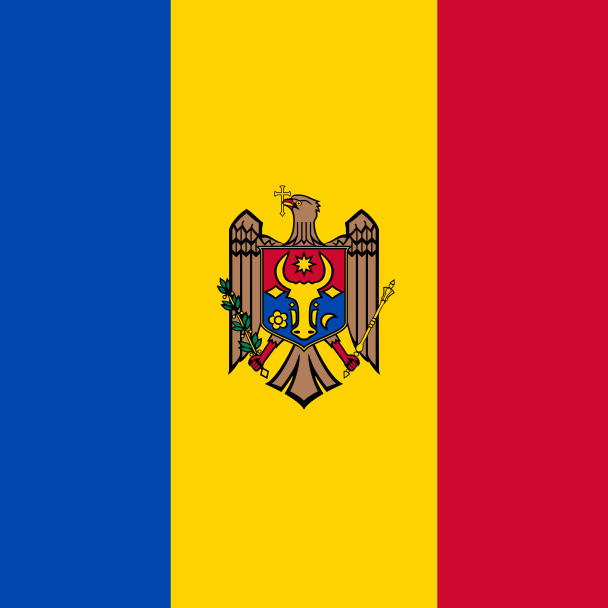

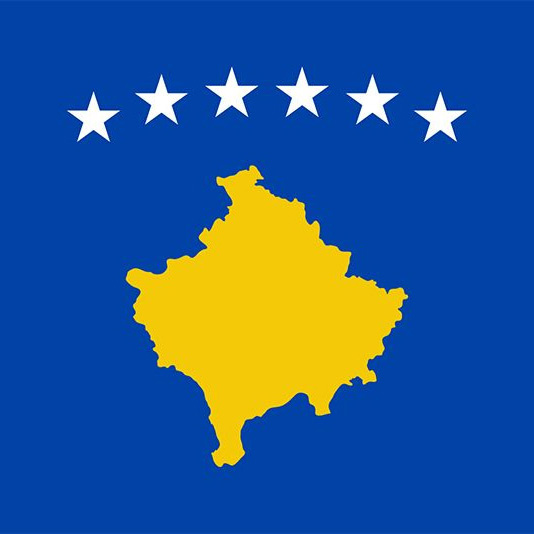
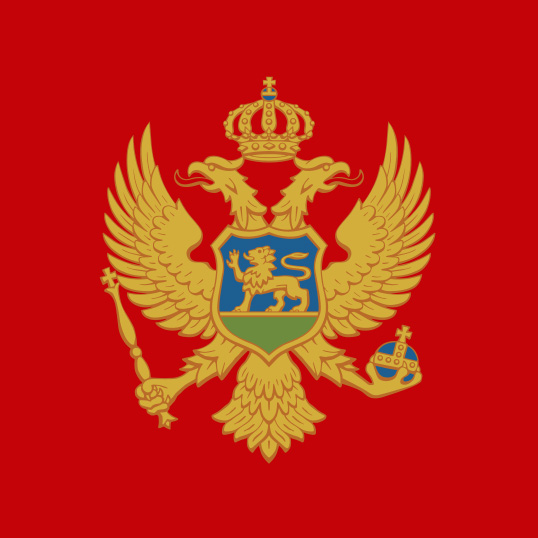
 Internet Activities
Internet Activities

